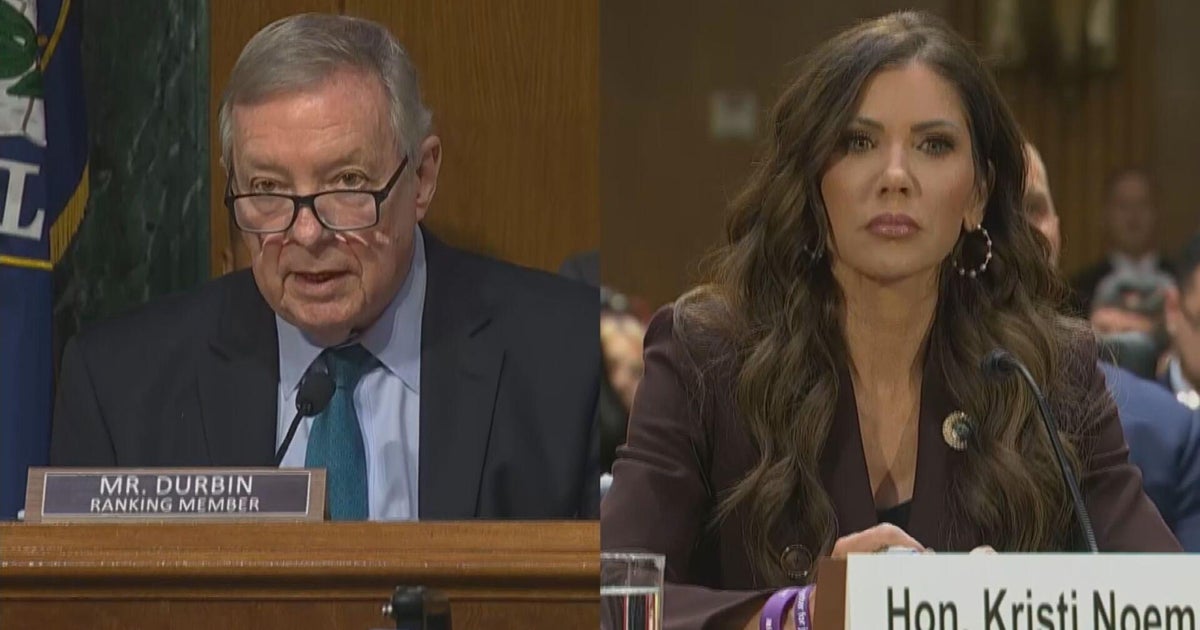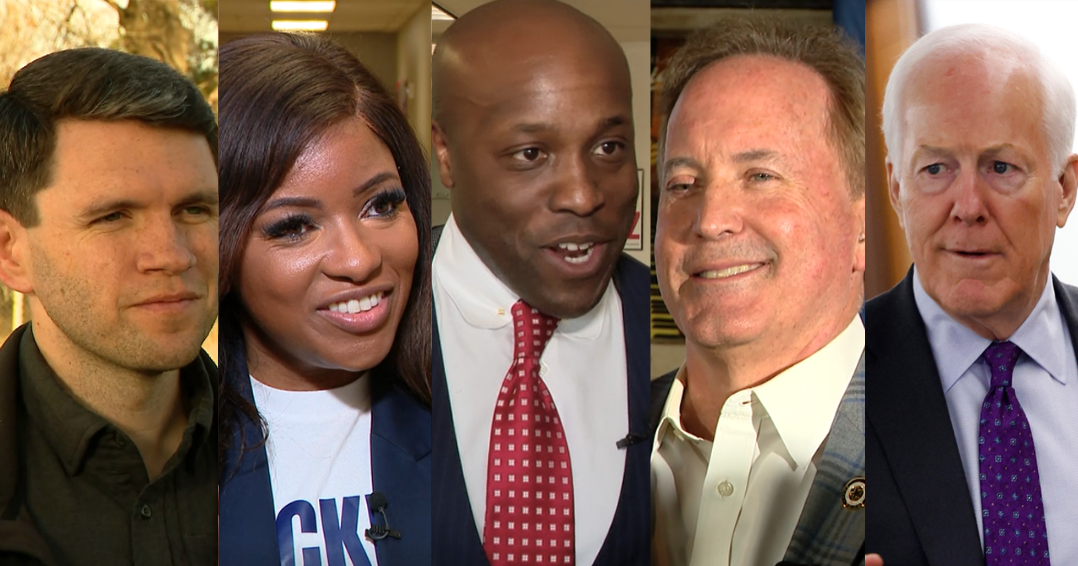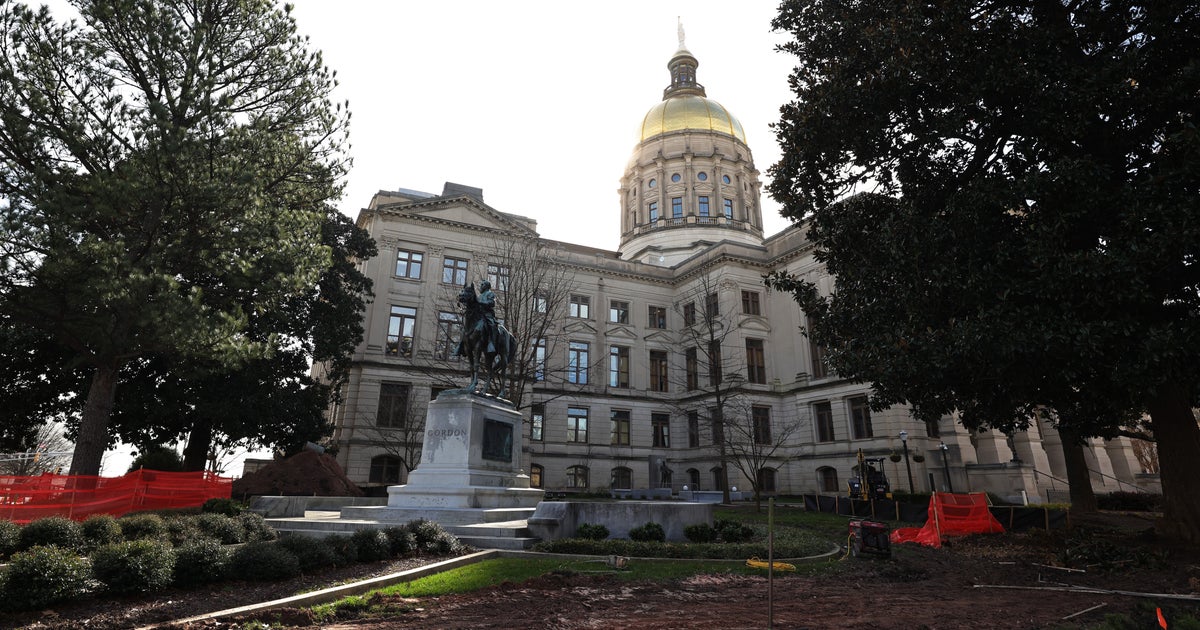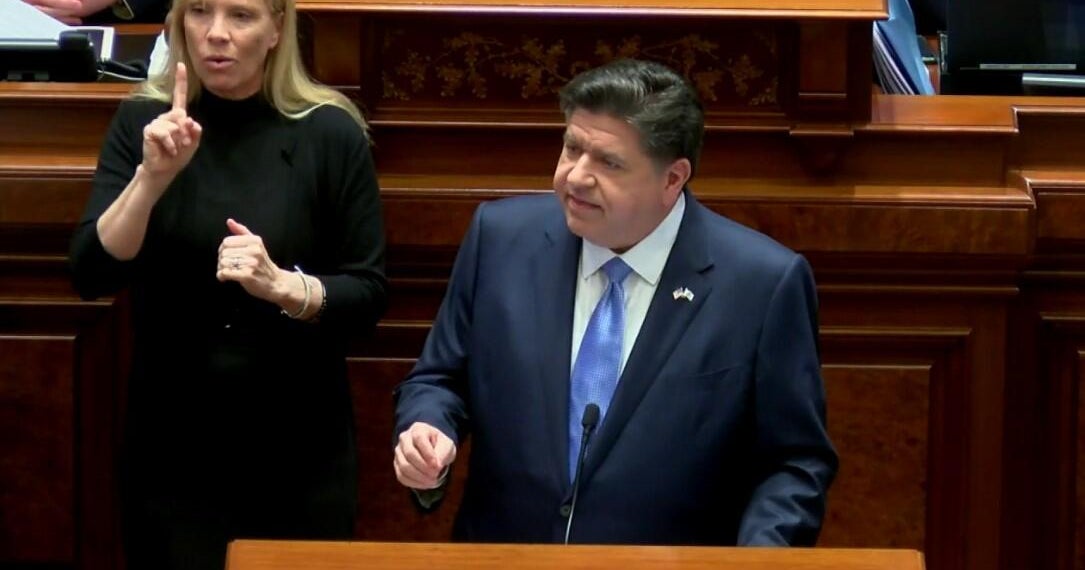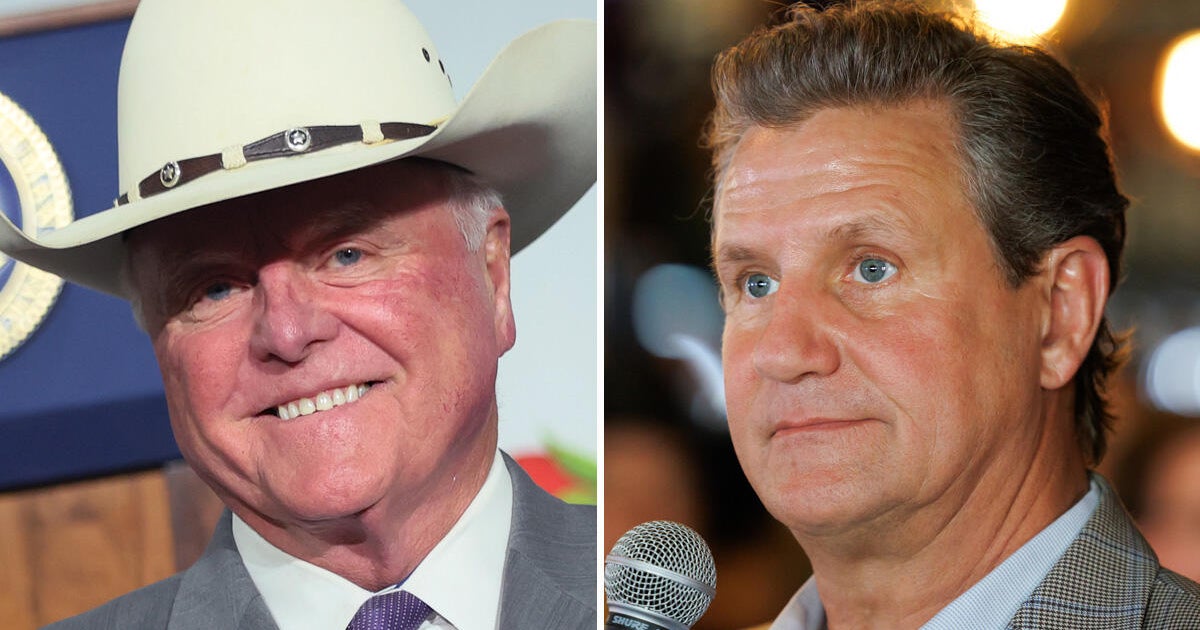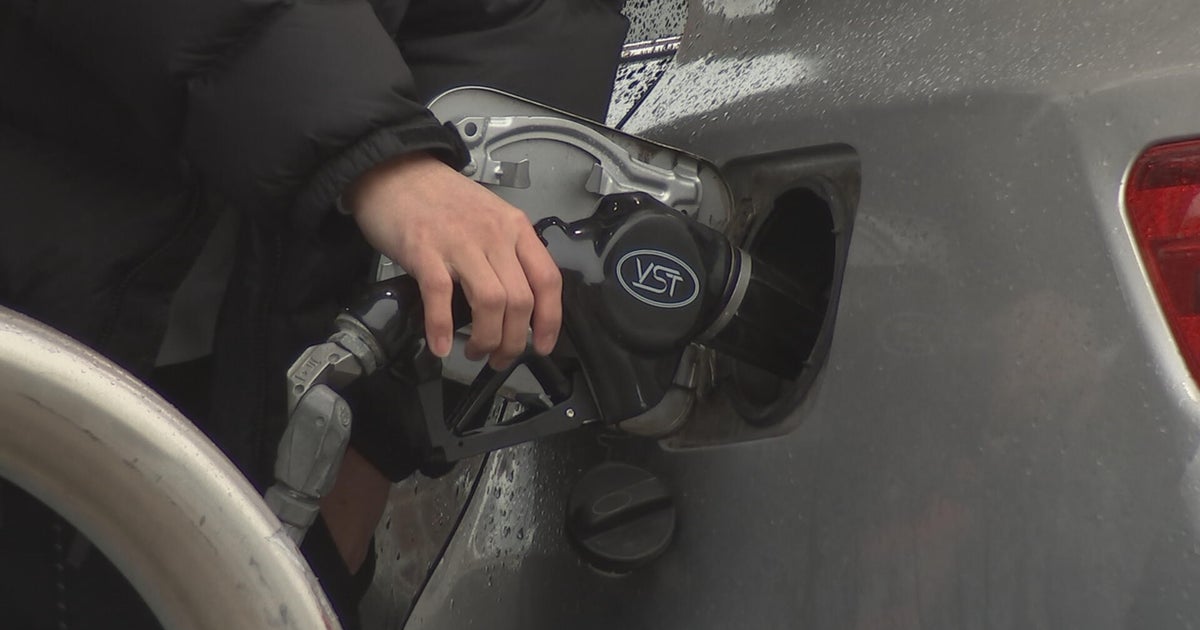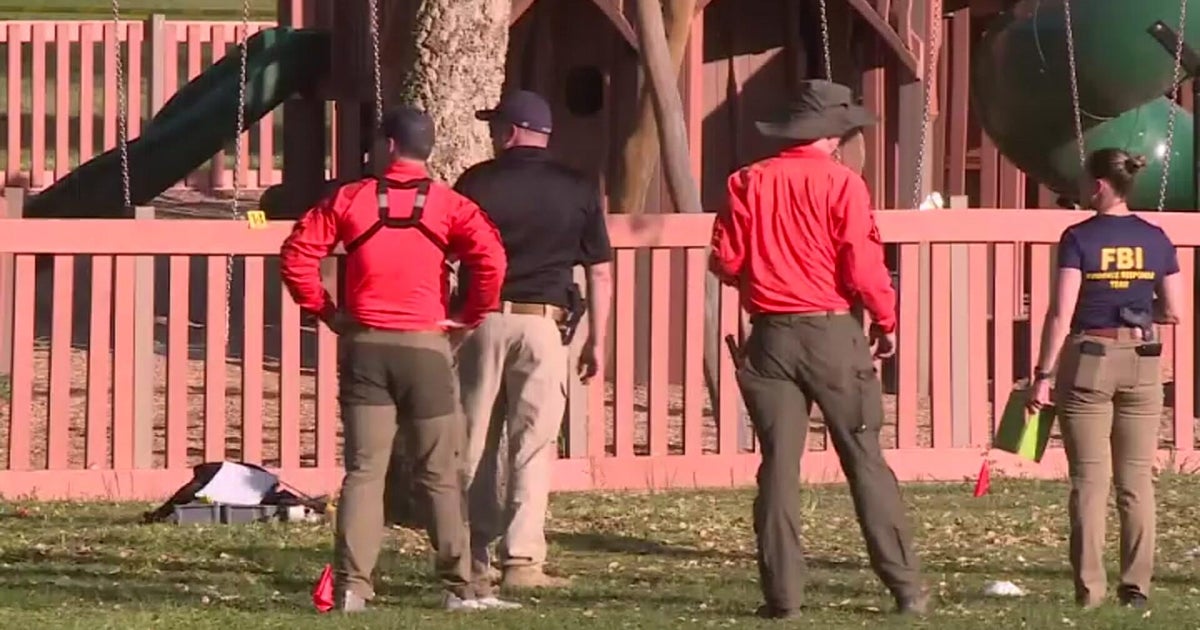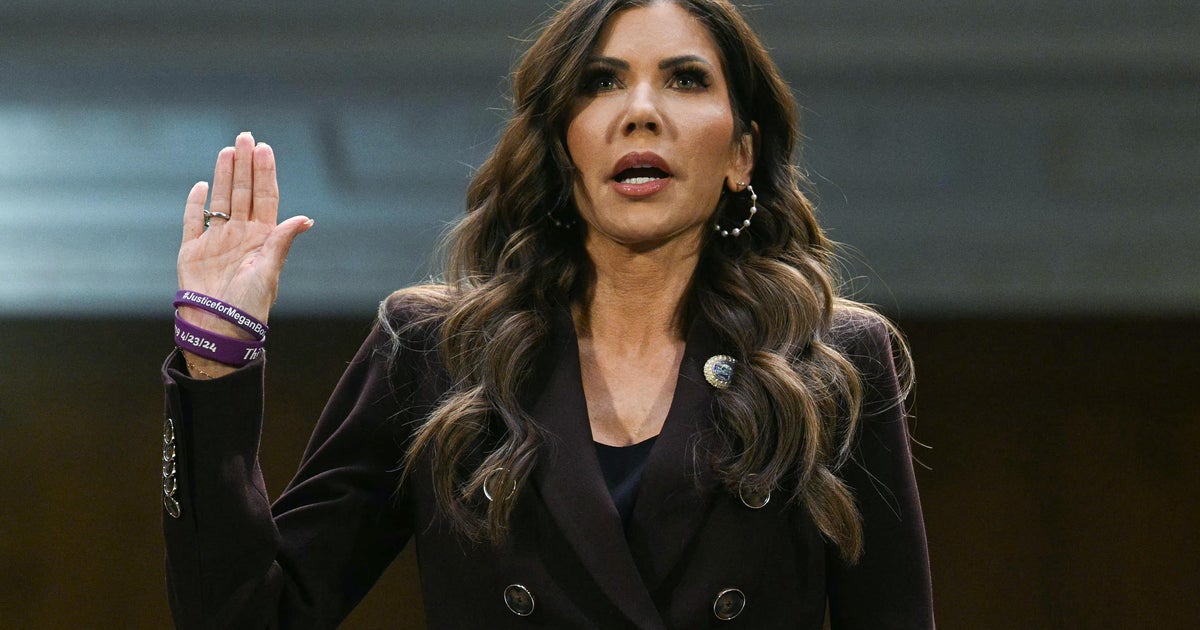Eyeing Senate, Clinton Directing Money To 2016 Battlegrounds
Follow CBSMIAMI.COM: Facebook | Twitter
WASHINGTON, D.C. (CBSMiami/AP) — Seeking a governing coalition if she wins the White House, Hillary Clinton is pumping millions of dollars into key battleground states at the heart of her presidential map and Democrats' quest to regain control of the Senate.
The Democratic National Committee and state parties are spending about $2 million initially to build coordinated campaigns in eight battleground states with competitive Senate races. The money is being raised by Clinton's campaign through her Hillary Victory Fund, a joint fundraising committee that allows Clinton to raise large checks of more than $350,000 from wealthy donors.
Democrats say the coordinated effort, now a staple in presidential campaigns, will try to build up the party's network of field organizers earlier in the election and work more closely with Senate, House and state and local campaigns than in previous election cycles.
The fortunes of Clinton and the Democratic Senate candidates are tightly wound. Democrats need a net gain of five seats to recapture control of the Senate, which could be pivotal for Clinton to move her agenda through Congress if she wins the White House. And many Senate candidates could see their futures shaped by Clinton's performance.
The DNC has hired a few hundred field staffers and expects to bring on more organizers in the coming months. Many will be shifting over from working on the presidential campaigns of Clinton and Vermont Sen. Bernie Sanders, who recently laid off hundreds of field staffers.
"This is my third presidential cycle in Ohio and we are actually starting earlier than before," said Rebecca Pearcey, campaign manager for former Ohio Gov. Ted Strickland, who is challenging Sen. Rob Portman, R-Ohio. "The early work will pay off for us this fall."
The DNC is using the Clinton fund to build up state organizations in Colorado, Florida, Nevada, New Hampshire, North Carolina, Ohio, Pennsylvania and Wisconsin. Six of the eight states have Republican Senate incumbents and all of the states will be targets for Clinton against Republican Donald Trump. The states also were the key battlegrounds of the 2012 campaign between President Barack Obama and former Massachusetts Gov. Mitt Romney.
Republican officials say their organizing efforts have started much earlier and are more of a focus than in 2012. The Republican National Committee has dispatched more than 200 paid organizers around the country to help the party's candidates. Trump recently formed a similar fundraising partnership with the RNC and select state parties.
Republicans noted that list did not include likely battleground states such as Iowa, where Democrats hope to unseat Republican Sen. Charles Grassley, and Arizona, where GOP Sen. John McCain is seeking re-election.
"Clinton has essentially told all but a few Democrat Senate candidates, 'Good luck out there, you're going to need it,'" said Greg Blair, a spokesman for the Senate Republicans' campaign arm.
For Democrats, the organizing efforts form the bedrock of their 2016 campaign — registering voters, recruiting volunteers and driving turnout. The campaigns will be run by the DNC and state parties, helped by outside advisers such as former Obama deputy campaign manager Jennifer O'Malley Dillon, and coordinate with local, state and federal campaigns.
Four of the states with the coordinated campaign are expected to feature women seeking Senate seats — Catherine Cortez Masto in Nevada, Katie McGinty in Pennsylvania, Maggie Hassan in New Hampshire and Deborah Ross in North Carolina — creating the potential for two women atop their state's Democratic ticket.
Clinton has pointed to the need to rebuild the Democratic bench and strengthen state parties, noting Democrats' struggles in recent mid-term elections.
Clinton's Hillary Victory Fund raised more than $46 million for the DNC and state parties through the end of April. The DNC transferred about $1 million to these key states in April and another $1 million in May. The money is used to cover payroll and the expenditures are expected to grow as the campaigns ramp up their activities.
Sanders' campaign has criticized Clinton's use of the joint fundraising committee, arguing that it has been used to build her donor email lists and direct mail campaigns and evade more restrictive individual limits during the primary. Clinton's campaign says it has followed the rules and the money will help Democrats up and down the ballot.
The ground game will be crucial in Florida, which has an Aug. 30 Senate Democratic primary between Rep. Patrick Murphy, the preferred candidate of Senate Democrats, and Rep. Alan Grayson, a liberal favorite who has bucked the party's leadership. The winner will need to quickly pivot to the fall campaign, leaving little time to build a robust field operation on its own.
It will also be essential in states like Colorado, where Republican Cory Gardner ousted incumbent Sen. Mark Udall in 2014. This time, Democrats are defending the Senate seat of Michael Bennet.
"We don't want to take anything for granted in Colorado," said Rick Palacio, the chairman of the state's Democratic party.
(TM and © Copyright 2016 CBS Radio Inc. and its relevant subsidiaries. CBS RADIO and EYE Logo TM and Copyright 2016 CBS Broadcasting Inc. Used under license. All Rights Reserved. This material may not be published, broadcast, rewritten, or redistributed. The Associated Press contributed to this report.)
